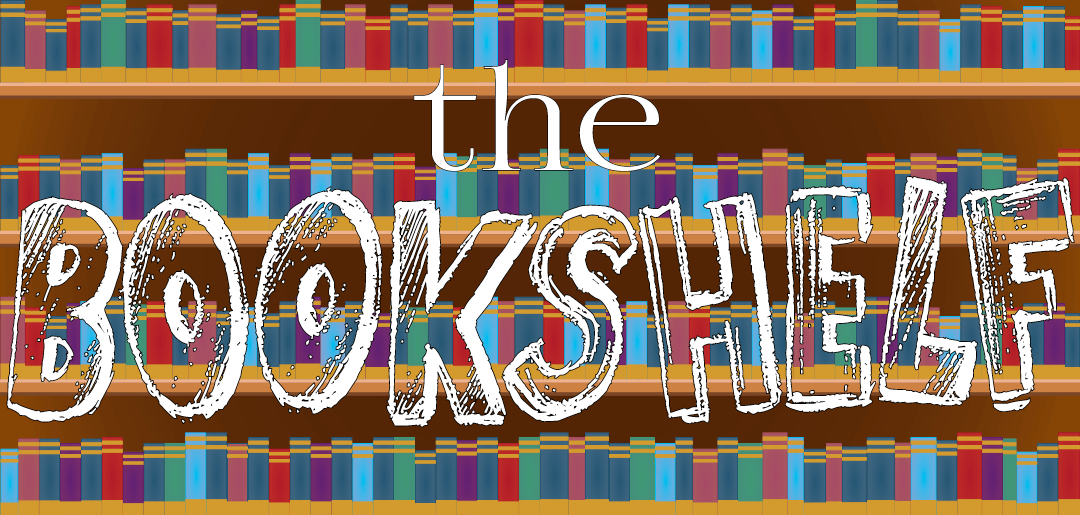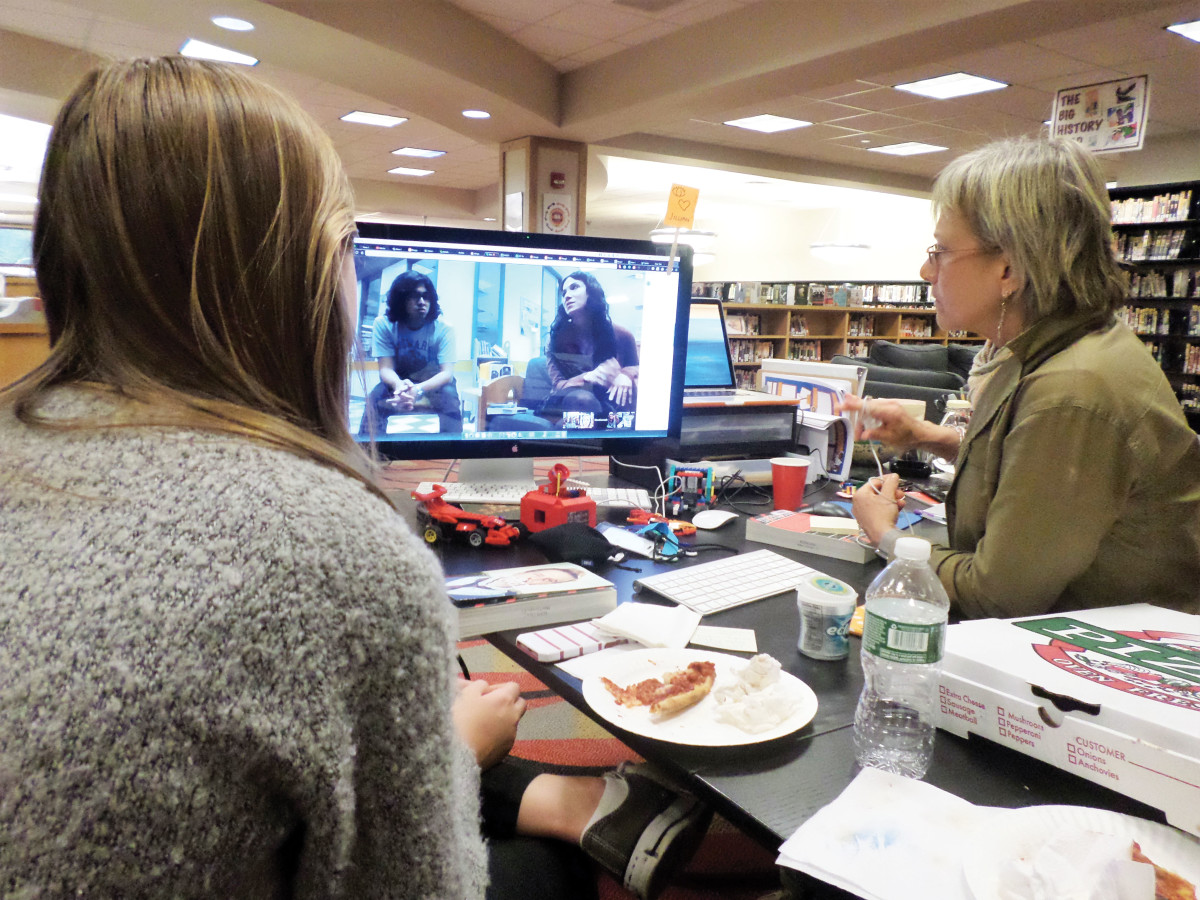Leigh Charlton, News Editor @leighcourant A review of Salt to the Sea by Ruta Sepetys. When the Titanic sank, it dragged 1,500 people with it to
Tag: Reading
Somewhat Virtual Book Club connects students through reading
Reilly O’Neill, Reporter @RONeillCourant With the rise of technology in our society, utilizing it to connect people with one another is also becoming increasingly important.
Book Review: We Were Liars by E. Lockhart
Eva Pace, Reporter @espcourant A review of We Were Liars by E. Lockhart. Published in 2014, this young-adult novel has received critical acclaim and has
David vs. Sparknotes
Junior Connor Gress tries his best to keep up with school reading, although sometimes he is tempted by internet sites that claim to provide supplemental help to difficult literature. “When we were assigned Huckleberry Finn in my American Studies class, I found it to be very hard to understand because of the different language in the book,” Connor said.
Page meets stage
Giuliana Savini
Editor in Chief
Poetry can move–it has not found its eternal resting place on the pages of high school English curricula. Its rhythm can flex, its stanzas can shift, and it can transcend its printed medium. But when lines that once travelled across a page are carried on the back of a soundwave, do they change? Is a poem any different when analyzed under a meticulous eye or heard from the mouth of some velvet-voiced speaker? Regardless of the vehicle of delivery, poetry is meant to be enjoyed. And enjoying poetry means different things for all of us: a poem may simply bring you a singular moment of clarity and happiness, or on a grander scale, closer to the truths you seek. So, what exactly happens when poetry moves from the page to the stage?


